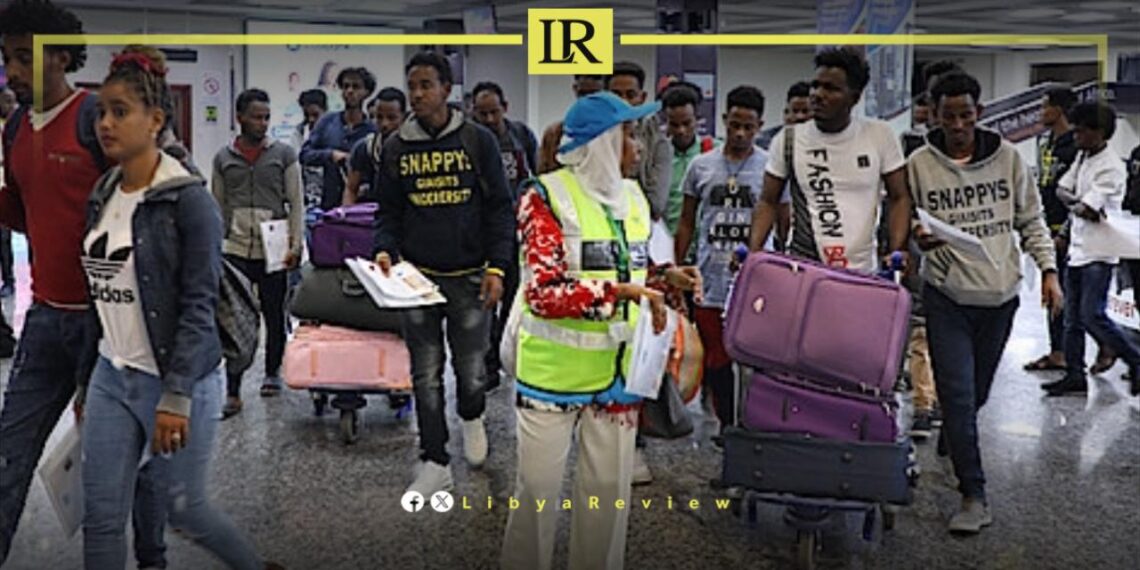On Saturday, Rwanda, the African Union Commission, and the United Nations High Commissioner for Refugees (UNHCR) extended their vital agreement to continue evacuating African refugees stranded in Libya.
The original memorandum of understanding, signed in September 2019, will now remain in effect until December 31, 2025, according to a joint statement released on Friday.
This extension underscores the ongoing commitment of all parties to protect and find lasting solutions for refugees and asylum-seekers evacuated from Libya. Since the agreement’s inception, more than 2,300 refugees and asylum seekers from countries such as Eritrea, Sudan, South Sudan, Somalia, Ethiopia, Nigeria, Chad, Cameroon, Guinea, Côte d’Ivoire, and Mali have been safely evacuated to Rwanda. Of these, around 1,800 have been resettled in third countries, offering them a chance to rebuild their lives.
When the agreement was first announced in 2019, Rwanda committed to accepting up to 30,000 African refugees from Libya, a country that has been engulfed in conflict and instability since the 2011 NATO-backed uprising that toppled longtime dictator Muammar Gaddafi. Libya remains divided, with a UN-recognized government in Tripoli and a rival administration in the east, leading to a protracted crisis that has severely affected its population.
Under the renewed agreement, UNHCR will continue to provide essential protection and assistance to evacuees during their stay in Rwanda. This includes shelter, food, healthcare, and other critical services, ensuring that refugees have the necessary support while their cases are processed and their futures secured.
Libya has been mired in turmoil since the 2011 revolution, which led to the ousting of Muammar Gaddafi and plunged the country into chaos. The power vacuum left by Gaddafi’s fall allowed rival factions to emerge, leading to ongoing conflict and instability. This situation has severely impacted Libya’s economy, particularly its crucial oil sector, and created a dire humanitarian crisis.
Thousands of refugees and migrants, many fleeing conflict and persecution in sub-Saharan Africa, have found themselves stranded in Libya under harrowing conditions. These individuals often face detention in overcrowded, inhumane facilities where they are exposed to abuse, exploitation, and human trafficking. The worsening conditions in Libya have made international efforts to evacuate and resettle these refugees more urgent than ever.


